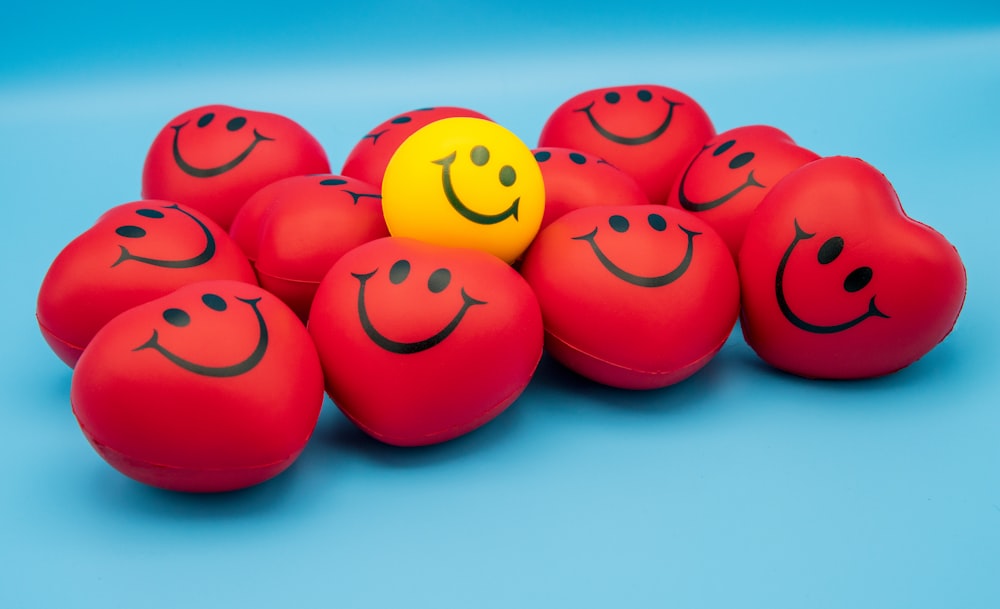Happiness
We all pursue three things in life - wealth, health, and happiness. Most of us achieve them, but the order in which we seek them matters. I know some excerpts in this post will be from the book - "The Almanack of Naval Ravikant" but I think it is essential to talk about it. When I read the book, I could relate to Navals' thoughts on happiness. It felt trite because I think the same way about happiness.
We all have different meanings of happiness. None of us are born knowing how to be happy. Our society instills different definitions of happiness. To some, happiness comes from wealth. For some, it comes from recognition. Some live their lives pretending to be happy. Only a few happen to live happily.
Happiness is when we (try to) remove the sense that something is missing in life. I purposefully wrote "try to" because it is tough to tame our minds from wandering into the abyss. When nothing is missing, the mind slows down and does not delve too much into the past or the future. It does not regret anything from the past or make plans for the future. Instead, the mind lives in the present - aspiring and manifesting positivity.
Most of the time, happiness isn't something we find. It is more like an achievement from the choices we make. Such a choice could be earning fewer wages than your peers but keeping yourself sane.
In any situation, we always have three choices - we can either change it, accept it or choose to leave it. If we try to change things, then it becomes desire. Desire makes us unhappy until we get what we want. Unfortunately, we don't always get what we want. Choosing to leave things can sometimes be perceived as being avoidant or insensitive. On the other hand, achieving acceptance is very difficult. The sooner we accept that we cannot change something, the better it is.
I would agree that happiness comes from within. Think of happiness as an emergent property of peace. You will be happier if you are peaceful inside out. Naval puts it beautifully -
Peace is happiness at rest, and happiness is peace in motion.
You can convert peace into happiness anytime you want. But peace is what you want most of the time. So if you’re peaceful, anything you do will be a happy activity. Think of peace and happiness as skills. They are conditioned primarily because of our environments. But we can always un-condition and re-condition it.
Avoid the trap of thinking that there is someone out there that will make me happy. If you fall into this trap, you will always be indebted to someone for your happiness.
These were some of my key takeaways from the book.
Peace and love!



